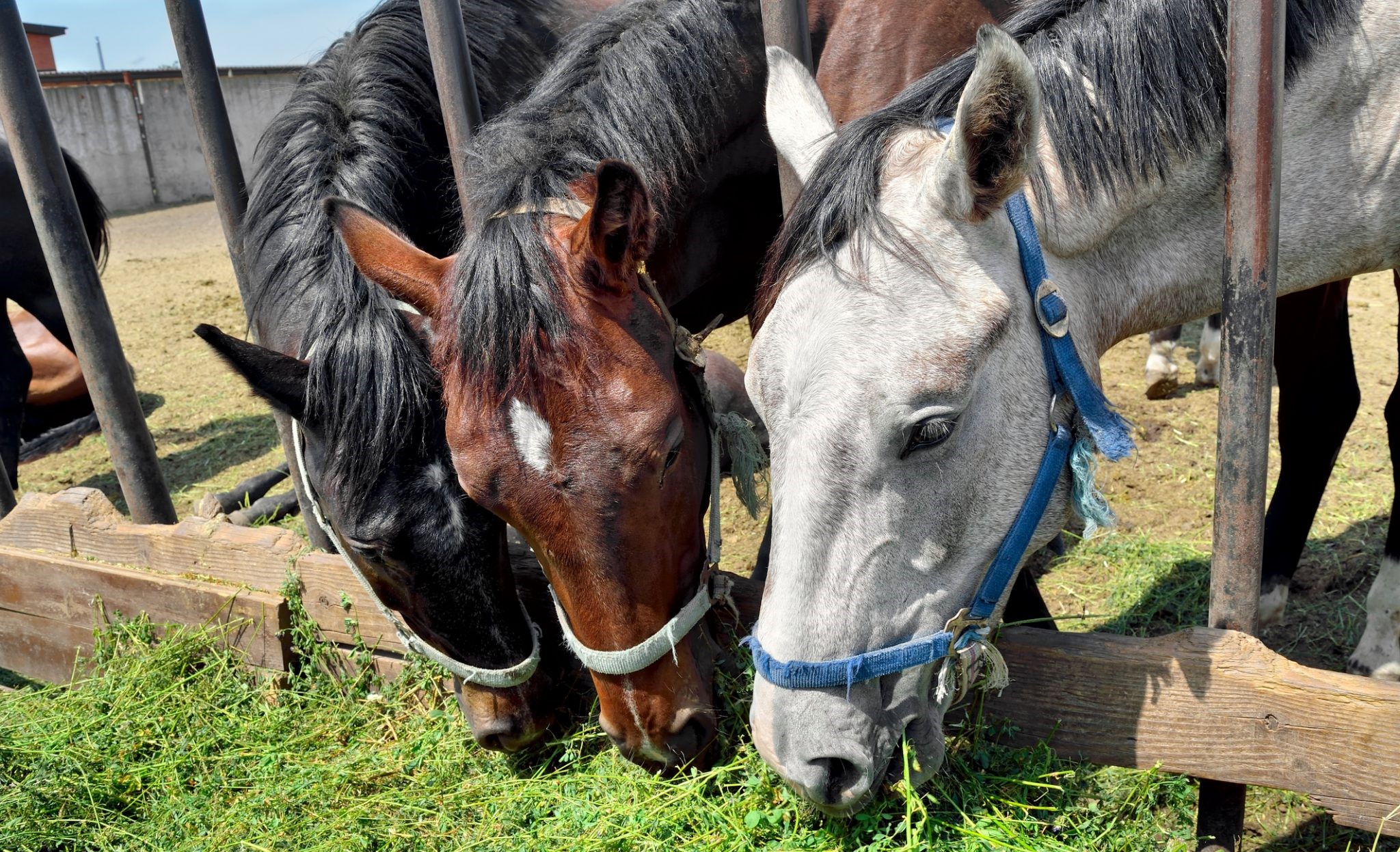Proper nutrition is the cornerstone of a horse’s overall well-being and performance. A balanced diet can prevent a host of health issues, boost energy levels, and improve the quality of life for your equine friend. This comprehensive guide aims to shed light on the essentials of horse nutrition, what to feed your horse, and how to tailor a feeding program that meets its unique needs.
The Importance of Horse Nutrition
Inadequate or imbalanced nutrition can lead to a range of health problems like colic, laminitis, and poor coat condition. Understanding your horse’s nutritional requirements is crucial for its long-term health and vitality.
Types of Horse Feeds
Forages
- Hay: A staple in most horse diets. Types include Timothy, Alfalfa, and Orchard Grass.
- Fresh Grass: Offers a range of nutrients but should be introduced gradually.
Concentrates
- Pellets and Cubes: Formulated to provide essential nutrients.
- Grains: Like oats, corn, and barley but should be fed in moderation.
Supplements
- Vitamin and Mineral Mixes: To cover any nutritional gaps.
- Joint Supplements: For older horses or those with joint issues.
Factors Affecting Nutritional Needs
Age
- Foals and Yearlings: Require more protein for growth.
- Adults: Need a balanced diet with an emphasis on forage.
- Seniors: May require easily digestible feeds.
Activity Level
- Inactive: Primarily need forage.
- Moderate to High Activity: Require additional calories from concentrates.
Health Conditions
- Pregnant Mares: Need increased nutrients in the last trimester.
- Metabolic Issues: Such as equine metabolic syndrome, require specialized diets.
Feeding Guidelines
Consistency
- Feed at the same times every day to prevent digestive issues.
Portion Control
- Avoid overfeeding, which can lead to obesity and other health problems.
Freshness
- Ensure that the feed is free from mold and contaminants.
Free Access to Water
- Always provide clean, fresh water.
Common Feeding Mistakes to Avoid
- Over-supplementing: Can lead to imbalances and health issues.
- Feeding by Volume, Not Weight: Leads to inaccuracies in nutrient provision.
- Skipping Forage: Forage should form the bulk of a horse’s diet.
Tips for Creating a Balanced Diet
- Consult a Veterinarian: To get a tailored feeding plan.
- Regular Check-ups: To adjust the diet as needed.
- Quality Over Quantity: Invest in high-quality feeds for better results.
Conclusion
Understanding the complexities of horse nutrition can seem daunting, but with the right information and professional guidance, it’s easier than you might think. By knowing what types of feed are available, considering your horse’s individual needs, and adhering to good feeding practices, you can provide a balanced diet that supports optimal health and performance.
